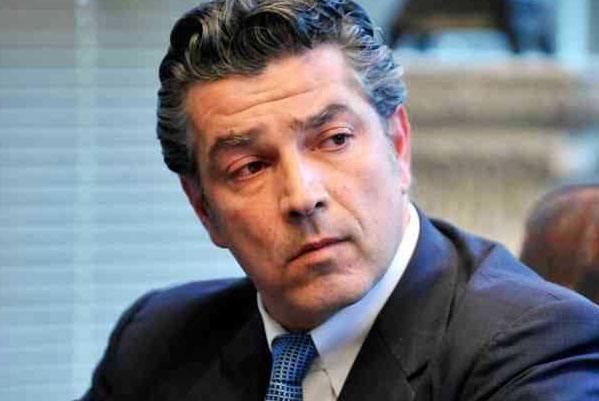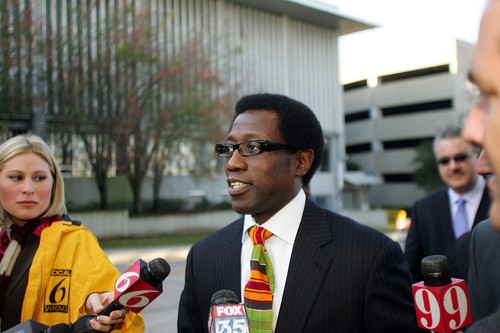Ralph Nader
A “Groundbreaking” Case for Election Rights

When Ralph Nader “Crashed the Party” in 2004 and ran as an independent presidential candidate, he called on Bernhoft Law to gain a lightning-quick decision from the Wisconsin State Supreme Court that allowed him to remain on the state’s ballot against the wishes of a cabal of political insiders.
The case revolved around a Wisconsin law that required an independent candidate to name eight people to the Electoral College in case of victory. Nader’s elector for the state’s seventh district actually lived in the eighth district – a technical violation of the rules.
After a lower court judge knocked Nader off the ballot, attorney Robert Bernhoft filed an emergency petition with the state Supreme Court. A mere four hours after Bernhoft personally argued the case, the Supreme Court reinstated Nader, declaring the failure to name an elector from the seventh district a minor technicality. The swift decision allowed Nader to meet the deadline to be ballot-listed as a candidate for President of the United States.
This was one of numerous efforts to keep Nader off ballots during the contentious political campaign. Bernhoft Law continued the fight for four more years when, in July 2008, the U.S. Court of Appeals for the Ninth District struck down an Arizona law requiring independent candidates to register earlier than those affiliated with registered political parties, and petition circulators to be registered to vote in the state. Joined by thirteen other states, Arizona’s Secretary of State filed a petition for certiorari with the U.S. Supreme Court in an attempt to reverse the 9th Circuit’s decision, but the Supreme Court rejected their petition.
“By letting that decision stand, the U.S. Supreme Court affirmed that American democracy hinges on giving people a voice and a choice,” said Attorney Robert Bernhoft at the time. “Today’s decision is not only a victory for Ralph Nader, but a seminal victory for all who care about free speech, free and open elections, and a more participatory democracy.”
As Richard Winger, editor of the influential Ballot Access News, observed: “What makes this case unusually significant is that it involved two distinct, important issues, and liberalized ballot access prevailed on both.” Winger also noted that the decision would have “immediate repercussions,” since ballot access cases were then pending in fifteen other states.
Oliver Hall, founder of the Washington, D.C. group Center for Competitive Democracy, called the decision “groundbreaking.”



